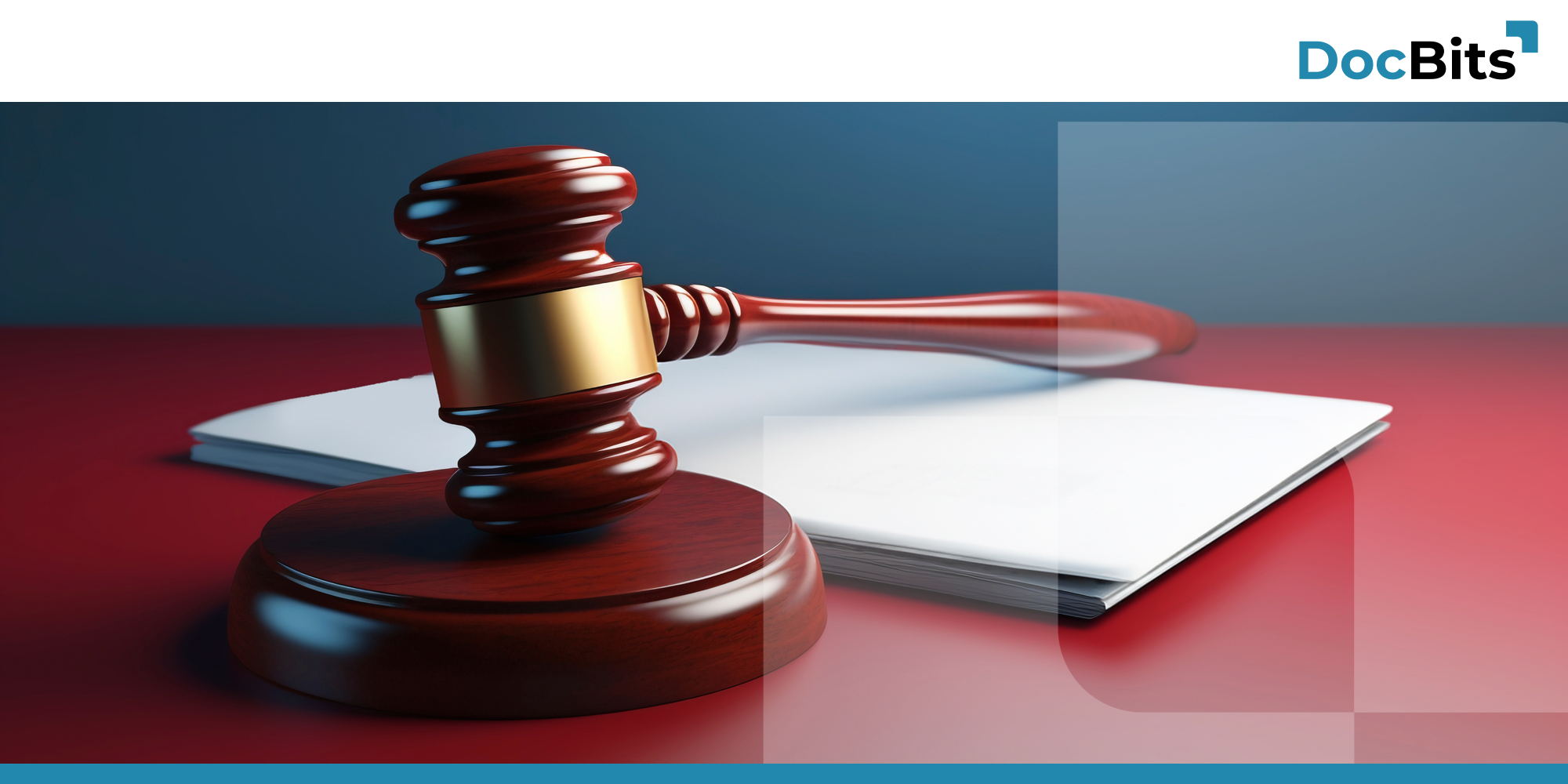The electronic invoice or e-invoice is already firmly established in the federal administration. From 1 January 2025, it will also become obligatory for all companies. What does this mean for companies? Why is the e-invoicing obligation being introduced? Who is affected, what deadlines apply and what steps need to be taken? In this blog post, we answer these questions and highlight the most important facts about the e-invoicing law.
The introduction of mandatory e-invoicing means that companies will no longer be allowed to use paper invoices as standard from 1 January 2025. Instead, invoices must be created and sent in a structured electronic format. This applies to invoices to both public sector clients and other companies (B2B sector). The aim is to reduce the administrative burden, increase efficiency and minimise sources of error.
Companies must adapt their accounting and ERP systems in order to create, send and receive e-invoices. It is also important to ensure that e-invoices contain all legally required mandatory information and are transmitted in an authorised format.
The e-invoicing obligation is being introduced for several reasons:
The e-invoicing obligation, formally known as the “Act on the Promotion of Electronic Administration”, was introduced to digitise and standardise the exchange of invoices. Here are some important facts:
The e-invoicing obligation affects all companies that issue invoices to other companies (B2B) or public clients. This includes large companies as well as small and medium-sized enterprises (SMEs). International companies that do business in Germany and accept public contracts must also comply with this regulation.
However, there are also exceptions to the obligation to issue e-invoices, such as for small-value invoices of less than 250 euros and travel tickets. Some exceptions also apply to invoices that are issued as part of a direct order. At this point, it is important to find out about the specific exemptions in your federal state or industry.
Different transition periods apply to different company sizes and sectors. Here is a brief overview:
The Growth Opportunities Act will introduce mandatory e-invoicing for domestic B2B sales (sales between companies) from 1 January 2025. This measure was approved by the Federal Council on 23 March 2024. In addition, the Federal Ministry of Finance (BMF) is planning to introduce an electronic reporting system for domestic B2B transactions at a later date, which will follow EU guidelines and enable standardised reporting for both domestic and cross-border B2B transactions. It is being discussed whether invoices should be exchanged via a state e-invoicing platform or private platforms, which will pass on all tax-relevant data to the tax authorities in future. This is intended to further combat VAT fraud.
Companies should take the following steps to prepare for the e-invoicing obligation:
The e-invoicing obligation is an important step towards digitalisation and increased efficiency in the corporate world. Although the changeover requires a certain initial investment, the long-term benefits clearly outweigh the costs. Companies that switch to e-invoices at an early stage and fulfil the legal requirements will benefit from the many advantages and increase their competitiveness in the long term. With the new regulation from 2025, the switch to e-invoices will also become mandatory for B2B sales, which will not only reduce the administrative burden, but also help to combat VAT fraud and close the VAT gap in Germany.

Share: